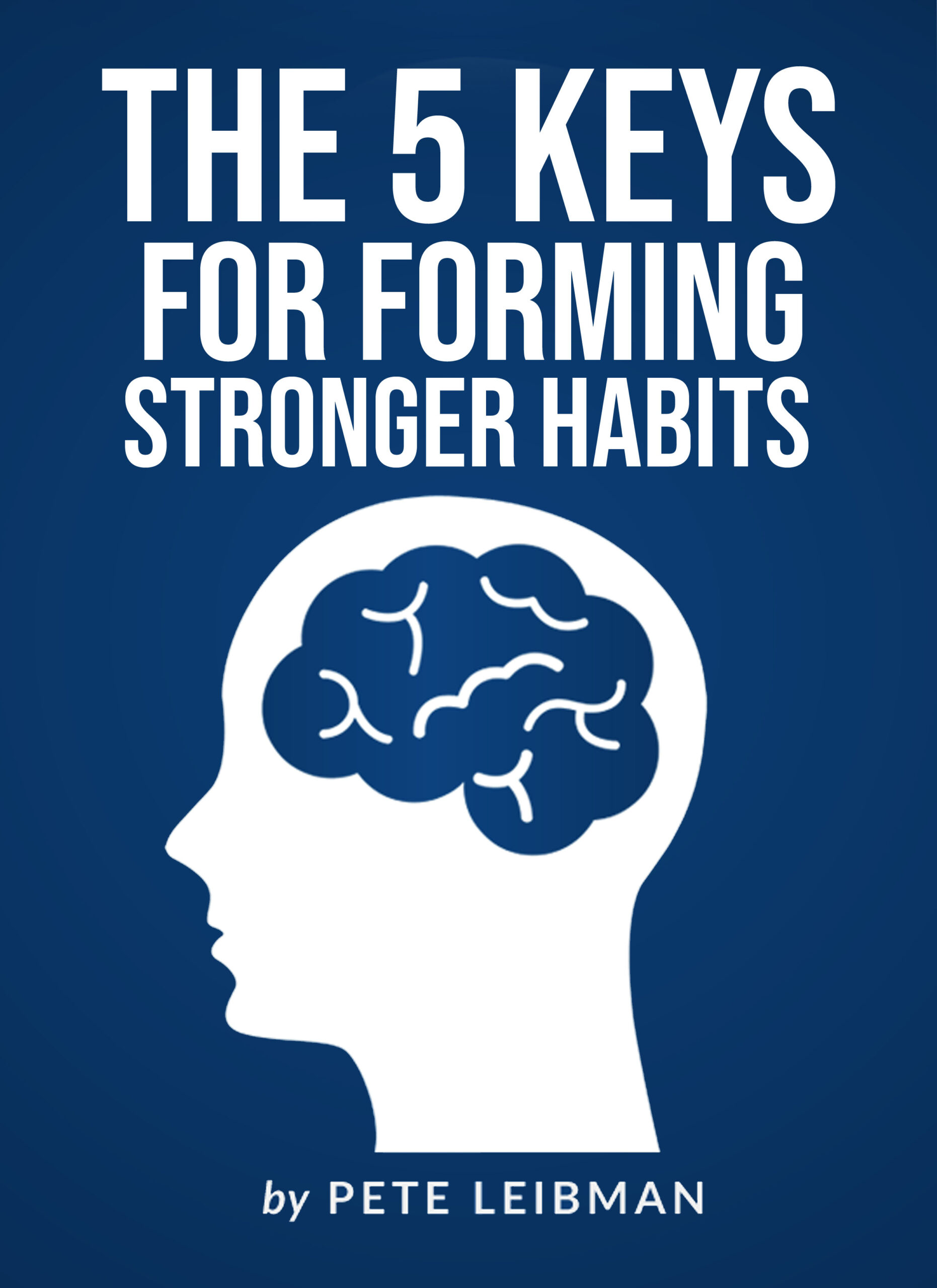How do you typically respond when someone does something that upsets you?
For many people, the default setting is to assume negative intent. In this article, you will learn a stronger way to respond and preserve your emotional energy: assume positive intent.
A Quick Story
I recently attended a volunteer event with Back on My Feet (BOMF), a nonprofit that I have volunteered with since 2011. Toward the end of the event, one member of the group (let’s call him “Ted”) confronted one of the volunteers (let’s call him “Dan”).
Ted was upset that Dan had supposedly ignored him on the street a few days earlier. “I looked right at you, and you ignored me,” Ted said to Dan. “It upset me so much that I went home and didn’t even go out the rest of the day. You ruined my day,” he said.
Dan looked stunned. “Ted, I’m so sorry. I didn’t see you. Are you sure that it was me?” he asked.
“Yes, I am certain,” Ted replied. “I cannot believe that you would ignore me like that.”
Assume Positive Intent
When someone does something that bothers you, it can be tempting to get upset. However, there is a much stronger way to respond. Why not start by assuming positive intent? Why not give the other person the benefit of the doubt before you get all worked up?
In the example above, Ted’s first mistake was to assume negative intent. Ted could easily have chosen to interpret the situation in a better way. Here are three examples of what Ted could have thought to himself instead:
- “That looked like Dan, but maybe it wasn’t really him. Dan would probably not have ignored me on purpose.”
- “Maybe that really was Dan, but he didn’t see me somehow. He would probably not have ignored me on purpose.”
- “Maybe Dan did see me, but didn’t say hello because he thought that I would not recognize him or want to chat.” (Note: Ted rarely speaks to anyone at the volunteer events with BOMF. He actually comes off as very anti-social.)
Ted’s second mistake (assuming negative intent was mistake #1) was to allow the experience to upset him. No one else can make you feel a certain way. An experience has no meaning until you give it meaning.
Dan didn’t ruin Ted’s day. Ted ruined Ted’s day by how he interpreted and thought about the situation. He assumed negative intent on Dan’s part. Even worse, he allowed his mind to fill with all sorts of negative thoughts about the experience.
What If Someone Actually Has Negative Intent?
While it’s always good to assume positive intent, it would be naïve to think that everyone has positive intent 100% of the time. Let’s be real. There will be times when someone actually wants to hurt your feelings or cause you harm in some way.
What should you do in that case? Stay strong, and refuse to give away your power.
Rather than allow someone else’s behavior to upset you, why not take it on as a personal challenge? Tell yourself something like the following: “You know what? I’m not going to give this person my power. He’s not worth my energy.”
Most of the time when we get upset about other people, it’s someone that we don’t even care about or like. This person wins if you get upset by their behavior though. Don’t allow them to win! Simply tell yourself that this person is not worth your energy. Refuse to give them your power.
Save your emotional energy for the people who matter most to you. If one of those people does something that upsets you, start by assuming positive intent. Then, have a heart-to-heart conversation. Most of the time, it will be a simple misunderstanding that you can work through.
Summary
If someone does something that upsets you, begin by assuming positive intent. Give the other person the benefit of the doubt, and talk about the situation with an open mind. Most of the time, there will be a reasonable explanation for their actions.
If you are certain that the person actually had negative intentions though, take it on as a personal challenge. Stay strong, and refuse to give away your power and emotional energy. No one else can make you feel a certain way. You have 100% control over how you feel.
P.S. If you enjoyed this article, you can share it by clicking a social media icon on this page.

Free eBook and Newsletter
Download my free 40-page eBook on “The 5 Keys for Forming Stronger Habits.”
You’ll also receive my free weekly newsletter on how to become your strongest self.
Your email is safe. Unsubscribe anytime.
About the author: Pete Leibman is the Creator of StrongerHabits.com. He is a best-selling author, keynote speaker, executive recruiter, athlete, and peak performance coach. His work has been featured on Fox News, CBS Radio, and CNNMoney.com, and over 500,000 people across the world have read his articles.

